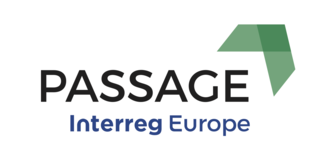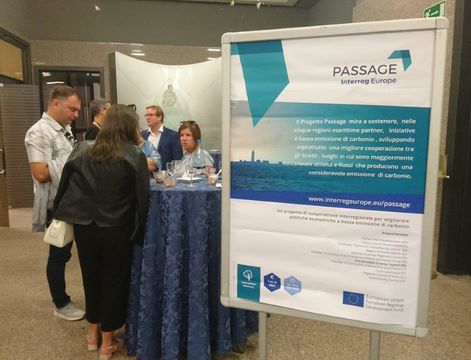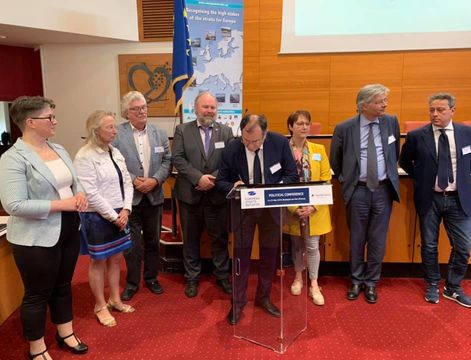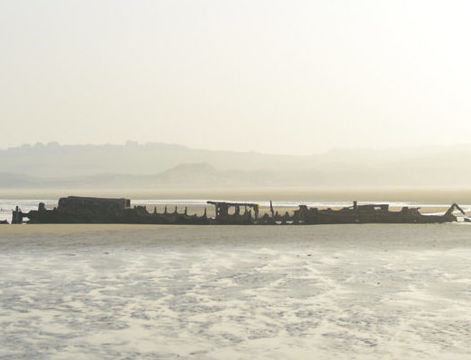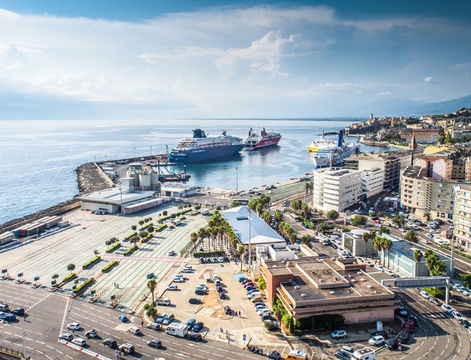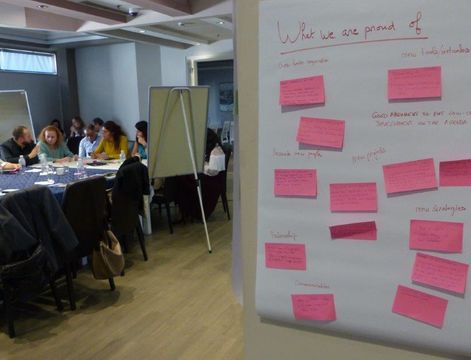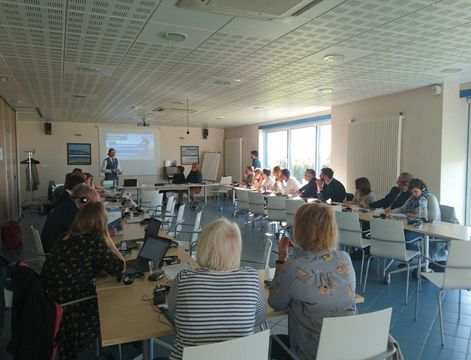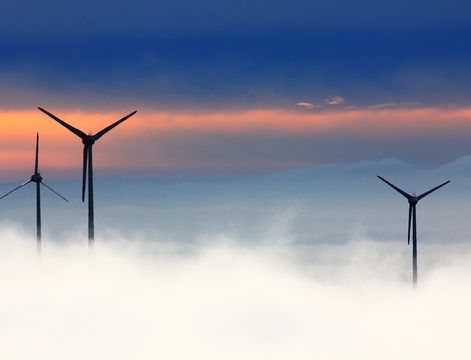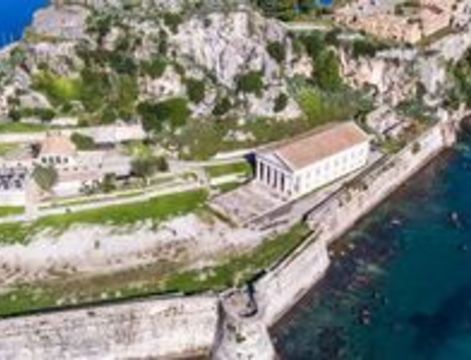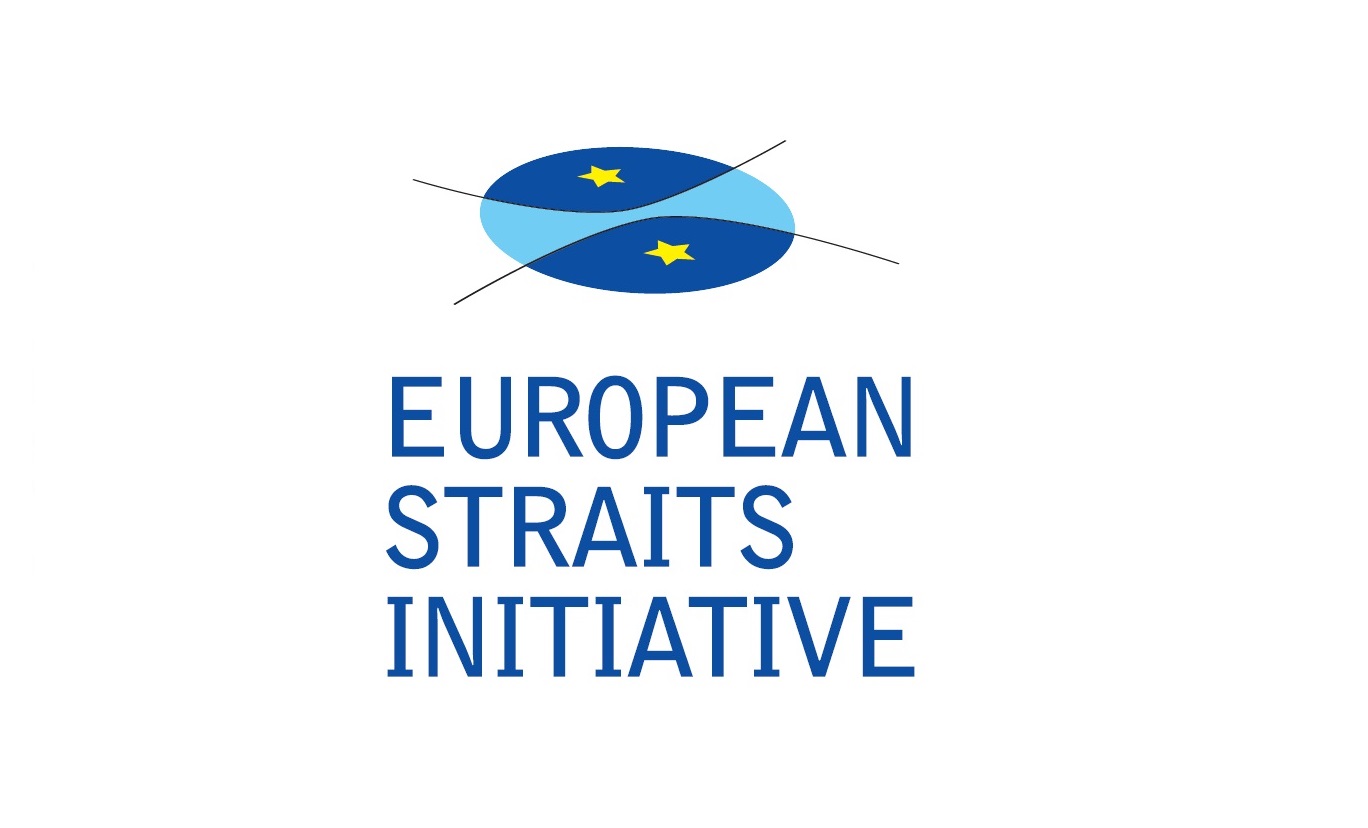This kick-off seminar of PASSAGE project was dedicated to establish a clear state of play in the different partner regions: what are the main issues at local and cross-border levels? What is the room of manoeuvre for each partner to improve the situation considering the local context? Presentations of each partner were substantial and gave the floor to rich debates on joint issues.
The INTERREG V A programmes covering each maritime border regions were at the heart of the exchanges as key policy instruments to mobilise in the transition to low-carbon economy at cross-border level. The managing authorities and techical teams of those programmes were invited to present the content and modalities of each programme.
The seminar was also a good opportunity for the partners of the project to explore more deeply the local context of the Fehmarnbelt through 3 high level field visits.
The first visit brought the partners to the Fehmarnbelt A/S headquarters of Lolland, where the project of tunnel to cross the strait is currently being developped. The construction works could start in 2020, with a major construction site on the Danish shore. Among the questions raised by the partners were the environmental impacts of such infrastructure compared to the present (and future) ferry links, in a region which gathers the most important fleet of hybrid ferries in the world.
The second field visit gave an impressive overview of carbon emissions in the world thanks to the Climate Centre of the Holeby Factory Lodge.
Finally, the project partners were lucky to visit of the Nakskov sugar beet factory, the largest white sugar facility of Nordic Sugar company, producing 476.000 tonnes of sugar each year during the campaign that runs for 18 weeks. Over the last 5 years, the factory has invested in low carbon production equipment enabling to save 50.000 tonnes of CO2 and reach Denmark carbon reduction objectives for 7 years; a great opportunity for PASSAGE project partner to question the main triggers of low-carbon industrial production.
